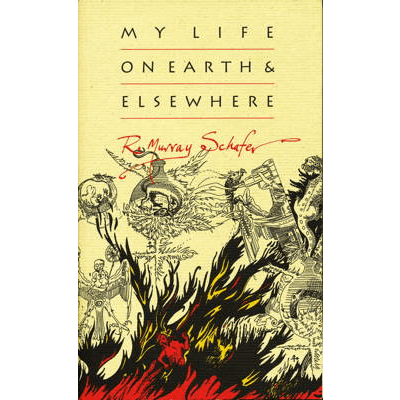 SPONSORED: So Much, for So Many. R Murray Schafer's 'My Life on Earth and Elsewhere', read by A P Virag.
SPONSORED: So Much, for So Many. R Murray Schafer's 'My Life on Earth and Elsewhere', read by A P Virag.
All sponsored features >>
Heino Eller
The legendary composition teacher and composer Heino Eller (who was born in Tartu on 7 March 1887 and lived until 16 June 1970) was one of the first Estonian symphonists and made good use of Estonian folk tunes.
He studied privately, playing in various orchestras and ensembles and as a violin soloist. He studied violin and later composition at the St Petersburg Conservatory, and was also a law student.
He formed the so-called 'Tartu school' of composers (rivalling Artur Kapp's 'Tallinn school') during his years teaching at the Tartu Higher School for Music (1920-40) and then became professor of composition at the Tallinn Conservatory, teaching there for the rest of his life.
Eller is one of the most frequently played of Estonian composers, and has been promoted by the conductor Neeme Järvi. Eller's works include the tone poems Videvik ('Twilight', 1917) and Koit ('Dawn', 1918) and an Elegia for Harp and Strings, but he also taught some important figures on the Estonian music scene, including Arvo Pärt, Lepo Sumera and Eduard Tubin, allowing each to develop an original style.


